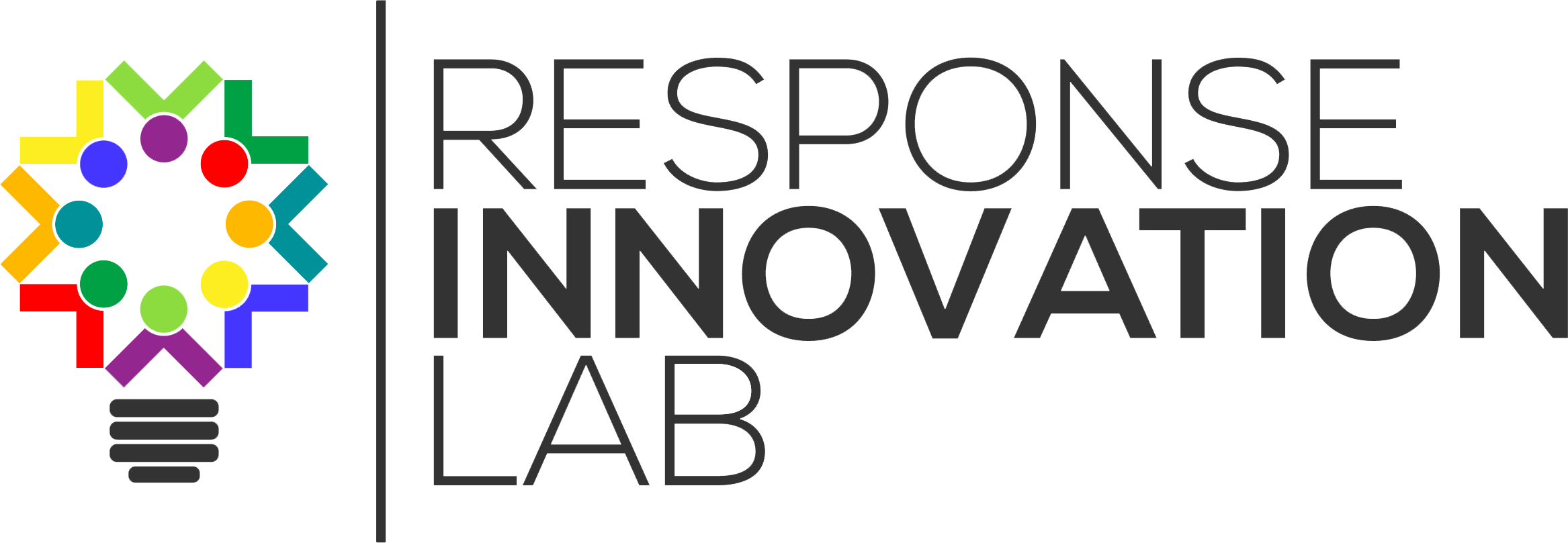Plastic Bottle Recycler
The first plastic bottle recycling project in Kurdistan area
Location: Iraq
Host: Oxfam Iraq
Invested: $10,000 USD
Needed: $10,000 to expand outside of Erbil urban center
The Plastic Bottle Recycle Project aims to reduce the plastic waste in landfills and the toxic smokes generated from its burning by initiating a school collection program. Through the activity of collecting plastic, students are also learning about waste disposal and recycling to rectify a knowledge and practice gap in Iraq. The project will have both environmental and social benefits, as well as a significant economic benefit by turning waste into profit.
The Challenge
Mountains of burning trash on the outskirts of Erbil, the largest and the fastest-growing city in the Kurdistan Region of Iraq (KRI), is causing a huge impact on the environment for thousands of people. The most severely impacted are families who live near the massive dumps, where most of the waste ends up in smoke, in the water supply or blown into farms and properties. Sadly, even livestock animals are seen eating garbage and chemical waste at dumps. Aside from environmental concerns, the smell of incinerated plastic keeps property values down, cripples the agricultural sector, and causes colossal health expenditures for the nearby households.
Adding to that the health hazards, the men, women, and children who wade through dumpsters (scavangers), collecting waste to make a few dollars from the resale are having their health directly affected. The smoke from the trash burning is so dense it can cause common ailments such as headaches, nausea, vomiting, and breathing issues that can develop into asthma over time.
Very few recycling companies exist in Iraq. The Iraqi government has allowed the exportation of some used materials, such as plastics, to Turkey in order to keep the environment clean and turn used items into revenue. In turn, the Turkish factories recycle the materials and sell it back for nearly 5 to 10 times the price of what sold to them. There are some small amounts of plastic recycled by Kurdish companies to make household items, however, most of the plastic is imported from outside Kurdistan Region (Baghdad and southern part of Iraq) through non-organized plastic collection scheme done by scavengers.
The Solution
Global Shapers is an initiative backed by the World Economic Forum, the Global Shapers Community is a network of hubs developed and led by young people, primarily between the ages of 20 and 33 who are exceptional in their potential, their achievements and their drive to make a difference in their communities. The community has 7,000 members in 368 city-based hubs across 153 countries. Through their Iraq Erbil Hub, Global Shapers are leading an initiative to establish the first plastic bottle recycling project in KRI for a cleaner Kurdistan.
While recycling has been around for decades, the Global Shapers innovation is by re-engineering the collection system that links users to the recyclers and embeds awareness of the environmental impact being made. The project is a powerful youth-led initiative based on volunteer work from young Iraqis wishing to shape future generations with positive environmental habits around recycling. Erbil’s Global Shapers is building their first stage of results around collection and recycling of plastics, and have a long-term plan of expanding into other materials, such as paper, cardboard, and metals.
The Impact
The Next Stage: Scale
The next stage will be to scale the current plastic recycling project and then expand to other materials, such as paper, metals, and cardboard.
Highlights of the 6-month Pilot:
25,000 students targeted across universities to increase awareness about the positive aspects of recycling plastics
Reduced amount of plastic disposal into landfills by 500kg or 0.5 metric ton (MT) per month
Turn waste to profit through recycling, where each ton of waste is sold for $100 to local factories in Erbil.
Recycling plastics reduces the consumption of energy and natural resources (such as water, petroleum, and natural resources) needed to create virgin plastic. For each ton recycled, we save 2,000 kWh of energy, 100,000 liters of water, and 2,000 gallons of gasoline.
Reduces Global Warming by minimizing the waste burning process, which produces a large amount of greenhouse gas emissions. For each ton of plastic recycled, we prevent the emission of 3 metric tons of CO2 per each ton of plastic that could have been burned in the landfill
Keep the city clean and reduce health problems caused by the toxic smoke from plastic waste burned in heaps. The project prevented the emission of 1.5 tons of CO2 emissions by diverting 0.5 tons of plastic within 6 months.

